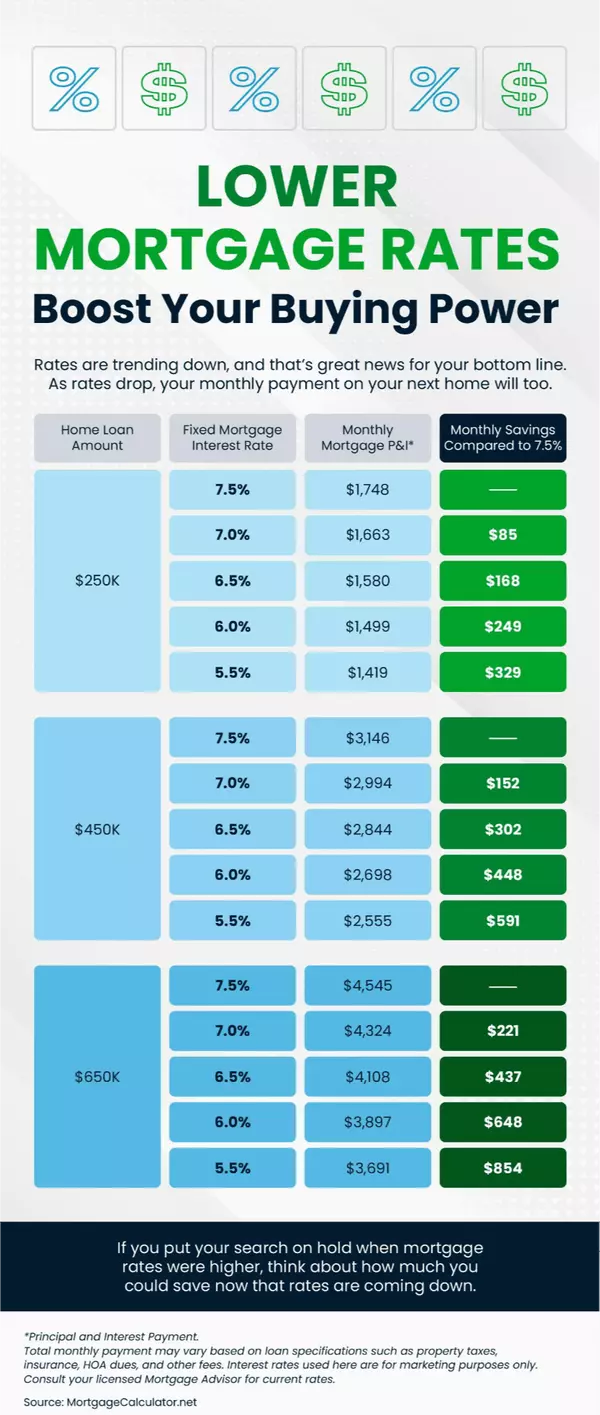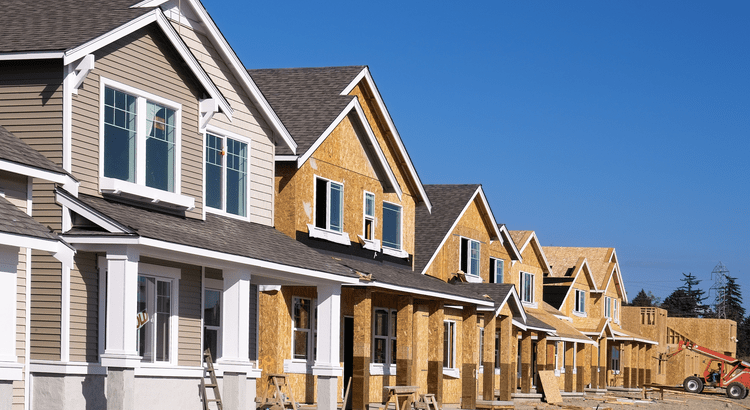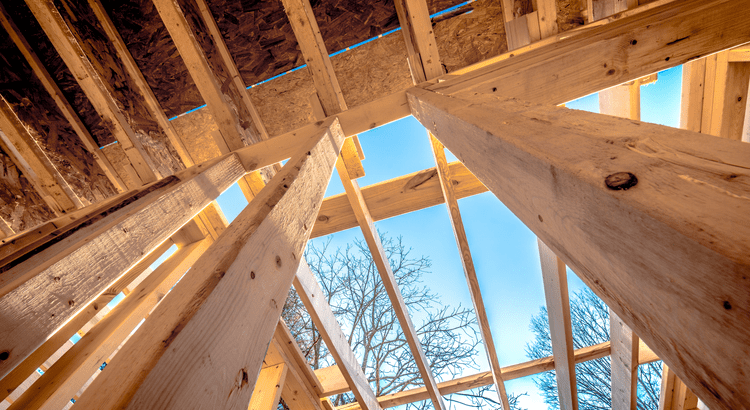
Lower Mortgage Rates Boost Your Buying Power

Falling Mortgage Rates Are Bringing Buyers Back
Falling Mortgage Rates Are Bringing Buyers Back If you’ve been hesitant to list your house because you’re worried no one’s buying, here’s your sign it may be time to talk with an agent. After months of high rates keeping buyers on the sidelines, things are starting to shift. Rates are already coming

The Latest Builder Trend: Smaller, Less Expensive Homes
The Latest Builder Trend: Smaller, Less Expensive Homes Even though affordability is improving, buying a home can still feel tough right now. But here’s some good news: builders are focusing their efforts on building smaller homes, and they’re offering key incentives to buyers. And both of these thi
Recent Posts










